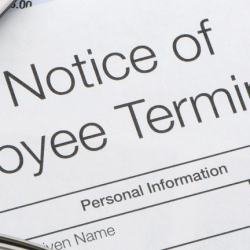Employee Privacy FAQ: Key Questions
Can employers monitor employees’ telephone calls? For business calls, the answer is generally yes. Businesses may not monitor personal calls, but you can tell employees not to make personal calls from specified business phones which may be monitored. Notify employees of the company’s policy in employee handbooks or anywhere company policies are explained. Can employers
-> Continue reading Employee Privacy FAQ: Key Questions









